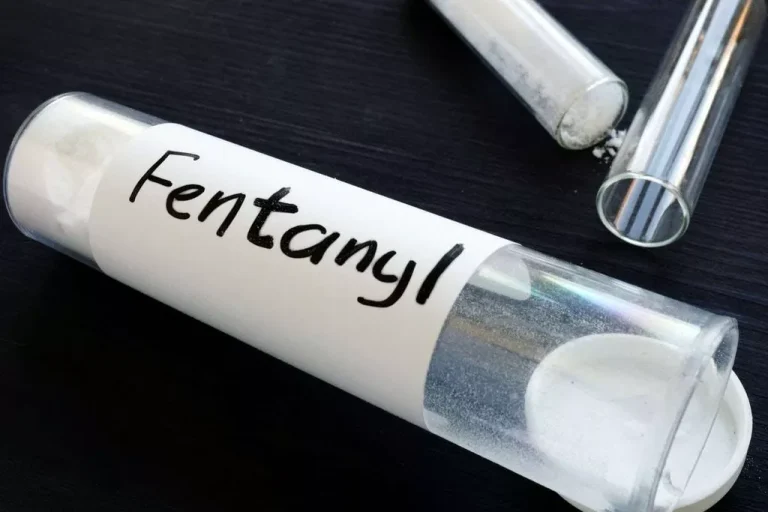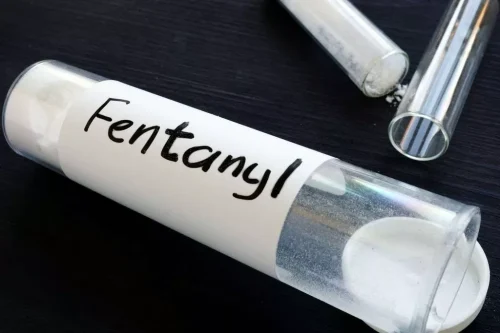
We can use our experiences to help others by telling them how relapse and abstinence violation effect caused us torment. If we can keep others from making the same mistakes, our experiences will serve a wonderful purpose. The memories of our slips may always sting a bit, but at least we can sleep easy at night knowing that we used them to do some good. Sometimes, it begins from the very moment we even consider the notion of using again.
Polygamous Marriage: Understanding Multiple-Partner Relationships in Modern Society

She is a current member of the Golden Key International abstinence violation effect Honor Society and the Delta Epsilon Iota Honor Society. Looking back does have its benefits in that it helps us identify weaknesses in our program. The problem is that abstinence violation effect magnifies these weaknesses and prevents us from seeking solutions. Our first instinct should be to figure out a relapse prevention plan that addresses the faults we have identified. This is an important measure, but it doesn’t do much for relapse prevention if we don’t forge a plan to deal with these disturbances when they arise.
NEARBY TERMS
Instead of surrendering to the negative spiral, individuals can benefit from reframing the lapse as a learning opportunity and teachable moment. Recognizing the factors that contributed to the lapse, such as stressors or triggers, helps individuals to develop strategies and techniques to navigate similar challenges in the future. A period of successful recovery and abstinence is something to be celebrated. However, it can sometimes lead to the thought that you have earned a drink or a night of using drugs. It sounds counterintuitive, and it is, but it is a common thought that many people have to recognize to avoid relapse. Celebrating victories is a good thing, but it’s important to find constructive ways to appreciate your sobriety.
Emotional Relapse
It is not necessarily these natural emotions that cause emotional relapse, but how you cope with them, that does. When someone abuses a substance drug addiction treatment for a long time, they will have a higher tolerance for its effects. It is for this reason that someone’s tolerance declines following a period of abstinence and that they may overdose if they start using again at the same level as before.

It includes thoughts and feelings like shame, guilt, anger, failure, depression, and recklessness as well as a return to addictive behaviors and drug use. It is important to celebrate a successful recovery and abstinence period. However, some people may think they have earned a drink or a night of drug use. While this might seem counterintuitive, it is a common thought that many people need to recognize if they want to avoid a relapse. While celebrating victories is important, you should also find constructive ways to acknowledge your sobriety.
Additionally, individuals may engage in cognitive distortions or negative self-talk, such as believing that the relapse is evidence of personal weakness. Additionally, the support of a solid social network and professional help can play a pivotal role. Encouragement and understanding from friends, family, or support groups can help individuals overcome the negative emotional aftermath of the AVE. Knowing that can be disheartening, but it can also cause you to relapse out of the belief that relapse is inevitable.
Discover more from Realize Behavioral Health
Learning healthy coping mechanisms can help you manage stress, cravings, and triggers without resorting to substance use. Everyone is different, and your experience with relapse may be unique. However, there are some common early psychological signs that a relapse may be on the way. If you are worried that you might be headed for a relapse, you don’t have to wait until it happens to reach out for help. You might imagine a relapse as a single event that occurs during a moment of weakness. Relapsing isn’t a matter of one’s lack of willpower, and it isn’t the end of the road.
- For Jim and Taylor, this might involve acknowledging the months of sobriety and healthier lifestyle choices and understanding that a single incident does not erase that progress.
- Have you ever made a determination to start a new habit and have you been able to stay 100% dedicated to it through the remainder of your life?
- Our first instinct should be to figure out a relapse prevention plan that addresses the faults we have identified.
- Recognizing the factors that contributed to the lapse, such as stressors or triggers, helps individuals to develop strategies and techniques to navigate similar challenges in the future.
- After a period of success in your recovery, you may think you can control your drug or alcohol use again.
- Jim is a recovering alcoholic who successfully abstained from drinking for several months.
- He calls this “urge surfing.” Instead of denying our addictive nature or hating ourselves for it, we learn to keep living in spite of it.
- Feelings of guilt, shame, and self-blame may lead people to question their ability to overcome addiction and exacerbate underlying issues of low self-esteem.
- The negative internalization escalates into beliefs such as being unable to control their behaviors and that their efforts were for nothing.
It’s easy to conceive of relapses as one-time events that occur during times of weakness. As noted above, one possible characteristic of abstinence violation effect =https://ecosoberhouse.com/ is the decision to give up entirely. When our defenses are down, we may not even think about our first drink.


Taylor uses an app to watch her intake of calorie limit and does see positive outcomes to her new lifestyle. One night, she craves pizza and wings, orders out, and goes over her calories for the day. These patterns can be actively identified and corrected, helping participants avoid lapses before they occur and continue their recovery from substance use disorder.
- Many people can relate to this feeling of guilt when they use a substance, like alcohol or marijuana, after promising themselves they wouldn’t.
- Rather, remember that relapse is a natural part of the journey and an opportunity for growth.
- It is, however, most commonly used to refer to a resumption of substance use behavior after a period of abstinence from substances (Miller 1996).
- Anxiety, depression, loneliness, and irritability are all symptoms of this stage.
- The AVE describes the negative emotional response that often accompanies a failure to maintain abstinence from drugs or alcohol.
There are several factors that can contribute to the development of the AVE in people recovering from addiction. For example, I am a failure (labeling) and will never be successful with abstaining from drinking, eating healthier, or exercising (jumping to conclusions). What is the abstinence violation effect, and what are the signs of a coming relapse?